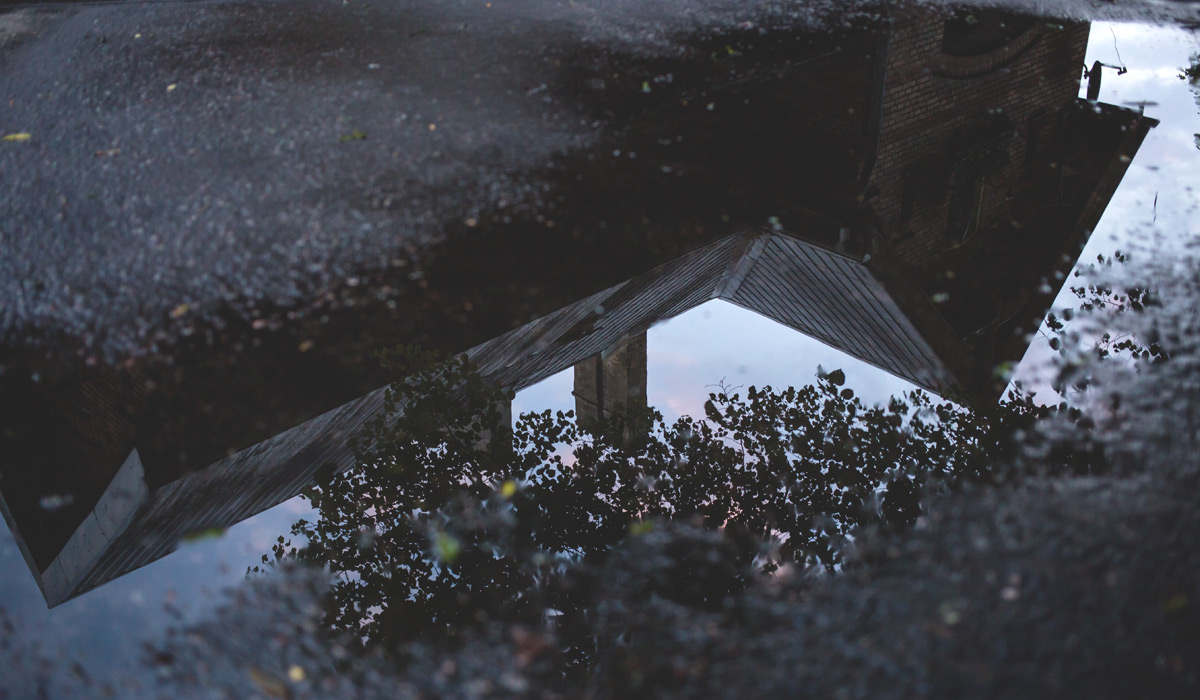A Theology of Abuse with Dr. Chelle Stearns, Part One

This week on the podcast, Dan sits down for a conversation with Dr. Chelle Stearns, a violinist, theologian, and Associate Professor of Theology at The Seattle School of Theology & Psychology. Much of Chelle’s work has focused on theology and the arts, and more recently, as lament and trauma have become important parts of her teaching, she is working toward developing a theology of abuse.
Dan: “This is not a well-developed arena of thought.”
Chelle: “I love the wrong question to be asked. Sometimes that gets us much further than always asking the same question over and over again thinking we’re going to get a different answer.”
When talking about a theology of abuse, Dan says, here’s a helpful place to start: what is theology? Chelle says it’s not “the study of Theo,” as her husband likes to joke, and that telling people “I’m a theologian” is usually a quick way to be left alone on an airplane. (The same thing happens, says Dan, when you say “I work with sexual trauma.”) But it’s easier to say what theology is not. To say what it is, we have to start with questions.
Chelle: “There’s never an end to your exploration. There’s something about having a humility before the things you study to realize there’s never going to be a point at which all of my questions are answered, nor that I will ever come to the end of my questions. I’m just learning to ask better and better questions as I get older.”
I’m just learning to ask better and better questions as I get older.
As Chelle reflects on how music opens the work of theology in new ways for her, she shares about a recent experience playing Gorecki’s Third Symphony, “Sorrowful Songs” with her orchestra. Dan is moved to tears hearing Chelle describe the three different voices of trauma and woe in the piece, the painful prayers and cries of mothers and young children.
Chelle: “I don’t know, theologically, how you work with trauma or you work with deep suffering without having some new language to be able to articulate those deep, deep places in our sorrow, those deep, deep places in our body that remember how we’ve been hurt, how we’ve been abused, how we’ve seen the people we love hurt and abused.”
Chelle believes that as a theologian, an artist, and a witness of other artists, she is called—and we are called—to hold together immense sorrow and stunning beauty. “That’s the work of theology.” Next week, Dan and Chelle will continue wrestling with these weighty, crucial categories, inviting us to wonder what a theology of abuse might look like.
Dan: “We just don’t take seriously our own suffering, and because of our own sense that we don’t matter, our suffering does not get a witness.”
Chelle: “You would always hope that the work of theology would have eyes to see and ears to hear the deeper cries of humanity because ultimately, in the incarnation, that’s what I see God doing. […] We are so rarely really seen in this world. And especially if you have experienced deep abuse, deep trauma in more complex forms, you can feel so isolated. And yet here is a God who comes and stares at us face to face and says ‘I have suffered all.’”
